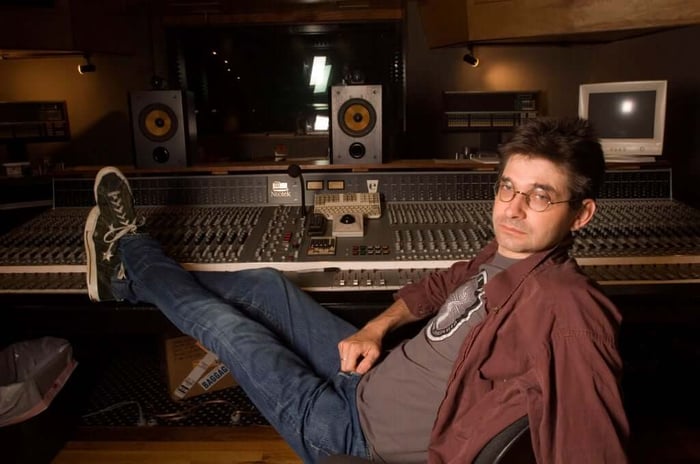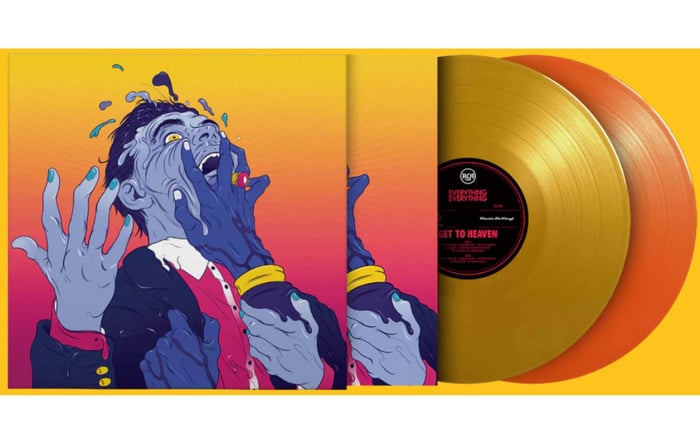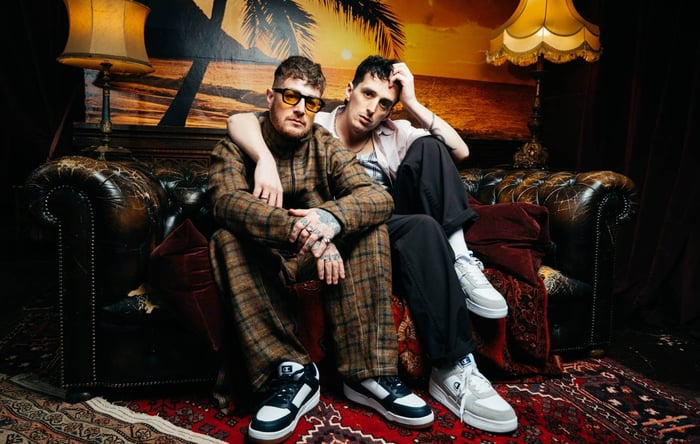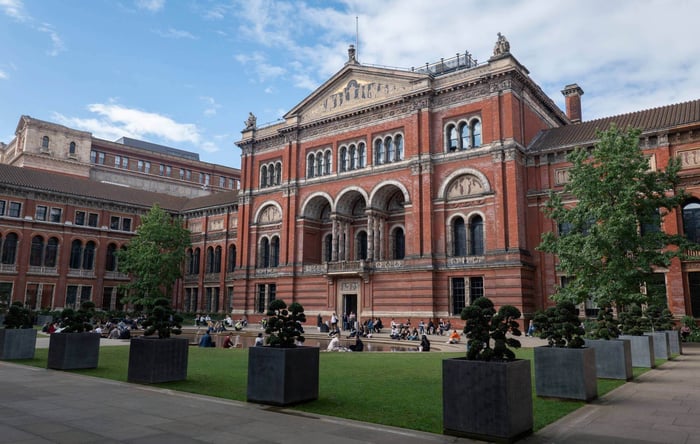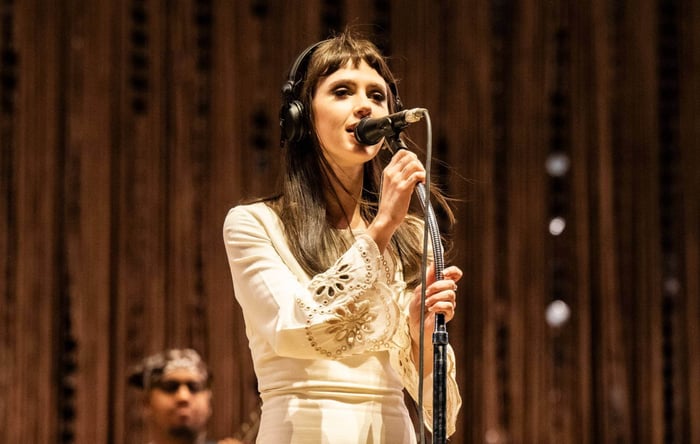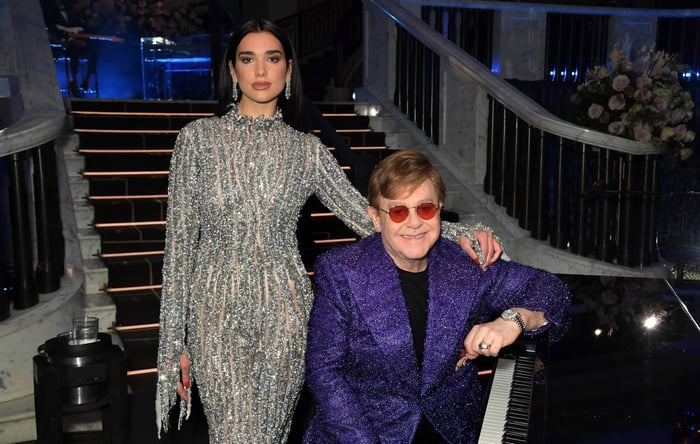
Elton John, Coldplay & Dua Lipa Lead 400 Artists Urging UK to Reform Copyright Laws Amid AI Risks
Elton John, Coldplay & Dua Lipa Lead 400 Artists Urging UK to Reform Copyright Laws Amid AI Risks
Over 400 artists, including Elton John, Coldplay, and Dua Lipa, urge UK government to update copyright laws to protect creative work from AI misuse.
Artists Rally Against AI Threat to Copyright Protections
Elton John, Coldplay, and Dua Lipa stand at the forefront of a powerful coalition of over 400 artists calling on the UK government to overhaul copyright legislation amid growing concerns around artificial intelligence (AI) and its impact on creative works.
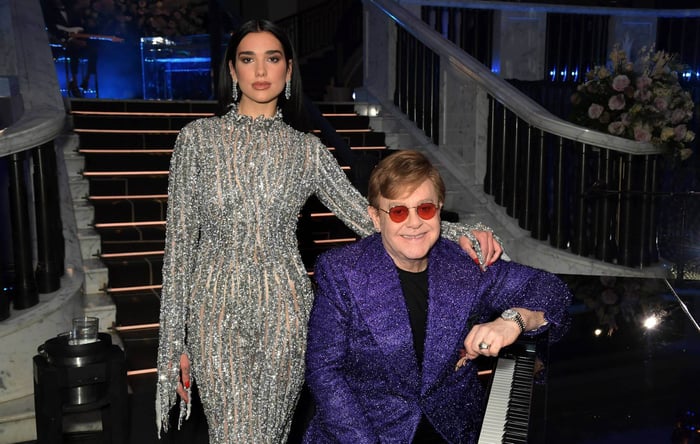
Elton John, Dua Lipa, and members of Coldplay have united in the fight for copyright reform.
The letter, signed by a diverse lineup of artists including Paul McCartney, Florence Welch, Kate Bush, and Robbie Williams, asks Prime Minister Keir Starmer to support legislative proposals aimed at protecting copyrighted materials from unauthorized AI use.
Upcoming Legislative Vote and Government Stance
On May 12th, the House of Lords is set to vote on an important amendment that would compel AI developers to disclose which copyrighted content they've used to train their algorithms. This move aims to bring transparency to how AI models consume creative works.
However, the UK government, led by Starmer, has expressed caution, preferring to continue a consultation process rather than immediately adopting the amendment. Current legislation permits data mining for non-commercial purposes by default, requiring rights holders to opt out of commercial use.
Why Artists Demand Change
The artists' letter passionately states:
"Creative copyright is the lifeblood of the creative industries. It recognizes the moral authority we have over our work and provides an income stream for 2.4 million people across the four nations of the United Kingdom."
They emphasize that the bill would embed transparency into copyright law, enabling both AI creators and artists to develop fair licensing frameworks. This would help ensure that human-made creative content remains protected well into the future.
Voices from the Frontlines: Artists Speak Out
Many signatories have been vocal advocates for copyright reform prior to the letter:
Paul McCartney warned in January:
"You get young guys, girls, coming up, and they write a beautiful song, and they don’t own it, and they don’t have anything to do with it. And anyone who wants can just rip it off."
He continued:
"We’re the people, you’re the government! You’re supposed to protect us."
Elton John echoed this sentiment, expressing concern over AI companies:
"The wheels are in motion to allow AI companies to ride roughshod over the traditional copyright laws that protect artists’ livelihoods."
He further noted that such policies would allow tech giants to freely access artists’ works to train AI, diluting the earnings of emerging musicians.

Elton John highlights the threat of AI to artists' rights.
Jimmy Page of Led Zeppelin added a critical perspective:
"The ethical implications are profound. When AI scrapes the vast tapestry of human creativity to generate content, it often does so without consent, attribution, or compensation. This is not innovation; it’s exploitation."
He stressed the need to ensure AI cannot monetize human creativity without explicit permission and fair pay.
Queen’s Brian May expressed his fears:
"My fear is that it’s already too late – this theft has already been performed and is unstoppable, like so many incursions that the monstrously arrogant billionaire owners of AI and social media are making into our lives."
Broader Industry Response: Silent Album Protest
The movement against the proposed copyright changes has extended beyond this letter. Over 1,000 artists, including Damon Albarn, Kate Bush, and Annie Lennox, released a silent album in February as a symbolic protest against the legislation.
This collective act was designed to highlight the severity of the issue and the potential silencing of human creativity if AI exploitation continues unchecked.
The Fight for Creative Rights Continues
The call for government action highlights a critical crossroads for the UK’s creative industries as technology advances at breakneck speed.
Are lawmakers prepared to protect the rights and livelihoods of millions of creators in the face of AI’s unstoppable growth? The artists’ message is clear: without proper safeguards, the value and future of artistic creation hang in the balance.
Frequently Asked Questions
- What specific changes are the artists asking for in the copyright laws?
They want laws that require AI developers to disclose the copyrighted works used in training their models and ensure creators receive fair compensation and recognition. - Why is AI seen as a threat to artists' livelihoods?
AI can replicate or generate content based on existing works without consent or payment, potentially flooding the market with competing material and undermining artists' earnings. - How is the UK government currently handling AI and copyright?
The government prefers to continue consultations and currently allows non-commercial data mining by default, requiring opt-outs for commercial use. - What is the significance of the silent album protest?
It symbolizes the potential silencing of human creativity and raises awareness about the risks posed by AI without proper copyright protection. - Are other countries addressing AI copyright issues?
Yes, many countries are exploring similar legislation to balance innovation with the rights of creators, but approaches vary widely.
Ready to celebrate your favorite artists? Shop exclusive album cover posters and support creative talents at our store! Shop now at Architeg Prints.
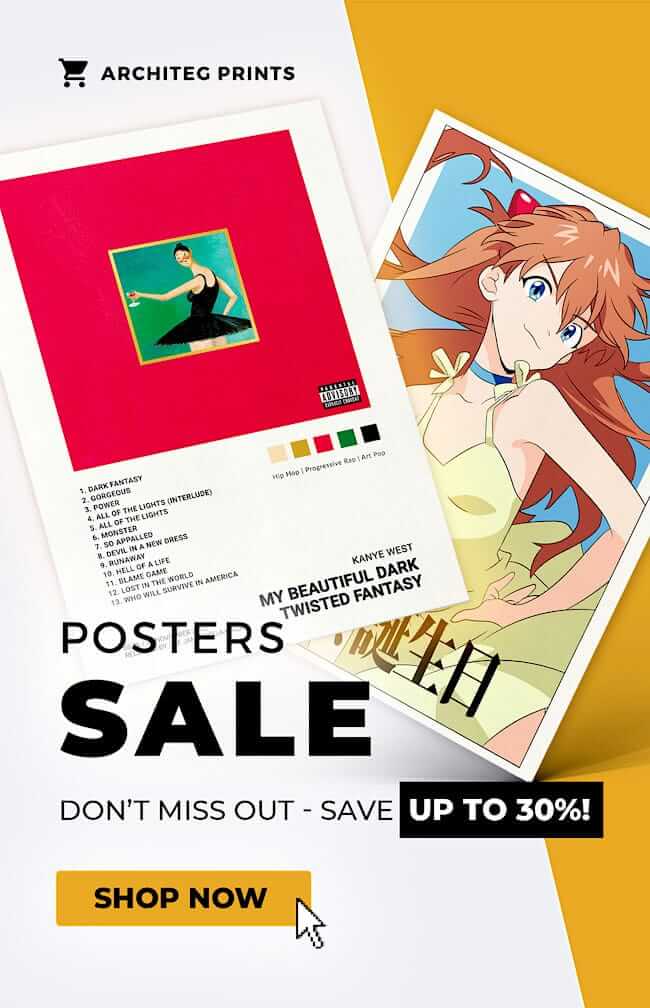 | DISCOUNTGET 30% OFF*Use code on your next order:
|
* This post may contain affiliate links, meaning we earn a commission if you make a purchase through these links, at no additional cost to you.





